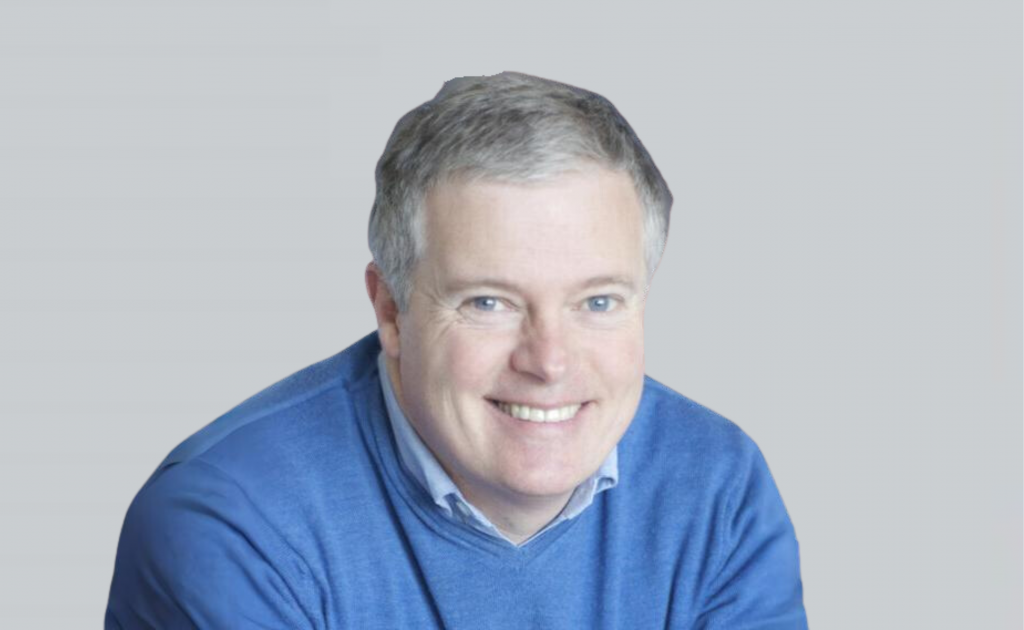
People Story | Dr Shawn Halpin | Medical Director and Consultant Neuroradiologist, DMC Radiology Reporting
Dr Shawn Halpin, experienced Consultant Neuroradiologist and Medical Director at DMC Radiology Reporting tells us about his impressive career, his pioneering work in advanced interventional neuroradiology and his plans at DMC.
"I chose DMC due to their emphasis on delivering high quality reports via subspeciality radiologists"
"I was captivated by the challenge of radiology"
Coming from a long line of doctors on both sides of the family spanning generations, I initially resisted the notion of joining the medical profession. However, I ultimately applied to medical school and successfully graduated in 1982.
During my time as a trainee at King’s College Hospital in London, I had the opportunity to witness advanced interventional radiology procedures. Captivated by the complexity of this field, I decided to specialise in radiology. Later, while working at Atkinson Morley Hospital in Wimbledon (part of St George’s Hospital), I encountered Jamie Ambrose who worked hand in hand with Godfrey Hounsfield to create the world’s first CT scanner. He was an exceptionally inspirational figure who encouraged me to specialise in neuroradiology.
“My interest in neuroradiology began to grow”
I had a particular focus on brain perfusion and complex MRI techniques such as spectroscopy and DTI. I set up and ran the diagnostic and interventional neuroradiology service, based at the University Hospital of Wales in Cardiff for 24 years (1993-2018).
"Mortality rates were greatly reduced through our work"
I took great pride in developing the interventional neuroradiology service from its inception. We built a national and international reputation for the service. We significantly lowered the mortality/morbidity rate for intracranial aneurysms in high-risk cases, and introduced techniques which are used all over the world.
Given that it was an emerging specialty, there were continuous advancements in the equipment and scope of work. My arrival at Cardiff coincided with the introduction of the MRI service and, over the years, we significantly expanded its capabilities. Our focus included the treatment of a notable number of patients experiencing acute stroke.
I also held the role of chair at the UK Neurointerventional Group (UKNG), a special interest group of the Royal College of Radiologists (RCR).
"In 2008 I completed a master's degree in law"
I’ve always been interested in understanding why certain mistakes made by doctors are considered medically negligent while others are not. This curiosity in medico-legal topics – and specifically within the realm of radiology – motivated me to pursue a degree in my 50s, an endeavour I really enjoyed.
When I left Cardiff, I continued my interest in medico-legal work, and carried out radiology reporting working for various Hospital Trusts.
"I first worked with DMC in 2018"
After reporting for DMC for a few years, I was asked to take on a leadership role due to the increasing workload. I assumed the position of Medical Director, where my primary focus was on clinical governance.
"I strongly advocate seeking the opinion of a subspecialist"
I chose DMC Healthcare because I believed the company’s ethos aligned better with my preferences, compared to other providers. There is a significant emphasis on delivering high quality reports via subspecialty radiologists. For example, issues related to the brain or clavicle are handled by dedicated subspecialist neuro or MSK radiologists. In contrast, there’s a perception that other providers might address the issue through the use of a generalist, potentially resulting in reporting discrepancies.
"A focus on dedicated subspecialists"
DMC is clinically led and the leadership has a really good handle on the future of the service. Our dedicated subspecialists understand the nuances and patient-management choices that may not be familiar with generalist colleagues.
"Major challenges due to growing demand"
There is a growing demand and insufficient radiologists to meet this demand. Consequently, there is significant pressure to generate reports quickly and in an accurate manner. The heightened emphasis on the performance of radiologists necessitates the tightening of governance structures. The comprehensive audit we conduct on our radiologists, which surpasses the industry average, is both time-consuming and meticulous. In my role as Medical Director, I bear the overall responsibility for addressing any issues that arise.
"DMC is different as it is run by doctors"
We make every effort to minimise potential issues, and the supervision and audit of our colleagues are conducted by individuals who recognise that radiologists may occasionally make mistakes. Our approach is non-judgmental and we provide constructive feedback, encouraging them to enhance their practices when needed.
During the COVID-19 pandemic, many radiology out-patient services went on hold and I stepped back from the role, but I re-assumed the position in November 2023. The company has become much busier. Throughput is significantly higher and the number of radiologists has increased. At the same time, the level of oversight and governance has increased in medicine, so there is a lot more to do.
"My advice to others"
The vast majority of our work is NHS outsourcing. For radiologists considering reporting with us, my suggestion is to begin gradually. Report only on cases that align with your comfort level alongside your hospital responsibilities, and refrain from reporting when you are physically or mentally fatigued.
"In my spare time"
I like watching rugby, travelling and spending time with my family, including two granddaughters, three sons and a daughter who is an international korfball player.
"The delivery of exceptional audit processes"
It is important to understand not only whether discrepancies have happened but the causes of errors to help colleagues improve where necessary.

